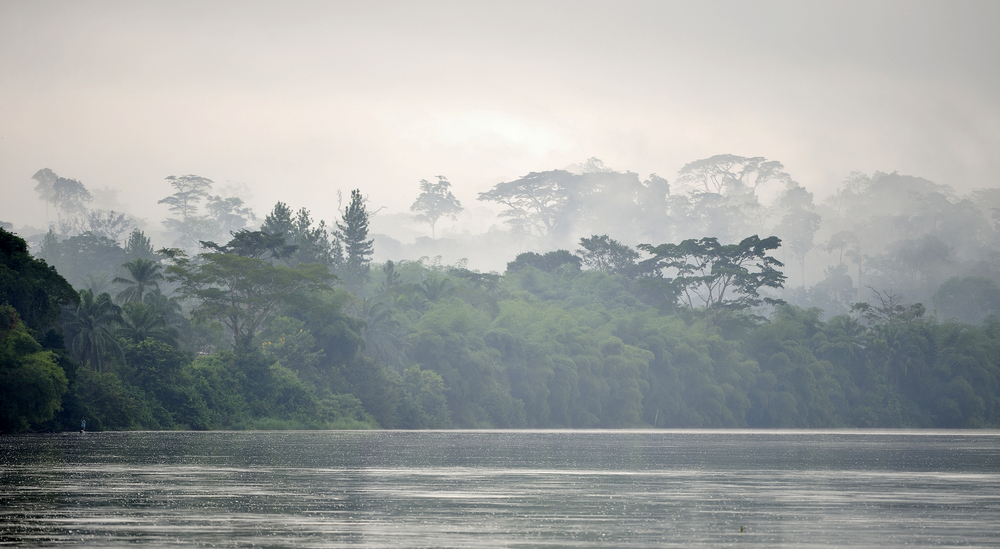
In Congo-Brazzaville, the department Sangha is situated more than 800km north of Brazzaville has become an eldorado for Chinese mining companies over the last 10 years. This gold rush poses major challenges for mining code enforcement and upholding community rights, with the consequences of deteriorating forest cover and waterways and land grabbing affecting indigenous people living in the surrounding villages.
"We no longer have rivers where we can get water to drink. These Chinese companies use mercury to extract gold and no measures have been taken to ensure the survival of the populations in our villages. The communities are obliged to walk five to six kilometres in the forest to get water to drink," says Michel Dogom, the head of the Zoulabouth village, in a desperate tone of voice.
Visit Mayilanews or EraEnvironment to read the full version of this story in French.
Au Congo Brazzaville, le département de la Sangha à plus de 800km au nord de Brazzaville est devenu un eldorado des sociétés d'exploitation minière (chinoises) depuis 10 ans. Cette ruée vers l'orpaillage met à rude épreuve l'application du code minier et le droit des communautés avec pour conséquences la détérioration du couvert forestier et des cours d'eau, accaparement des terres des populations autochtones des villages environnants.
"Nous n'avons plus des ruisseaux où prendre l'eau à boire. Ces sociétés chinoises utilisent le mercure pour l'extraction de l'or et aucune mesure n'a été prise pour la survie des habitants de nos villages. Les communautés sont obligées de parcourir cinq à six kilomètres en forêt pour avoir de l'eau à boire", lâche d'un ton désespéré Michel Dogom, chef de village de Zoulabouth.
- View this story on EraEnvironment










